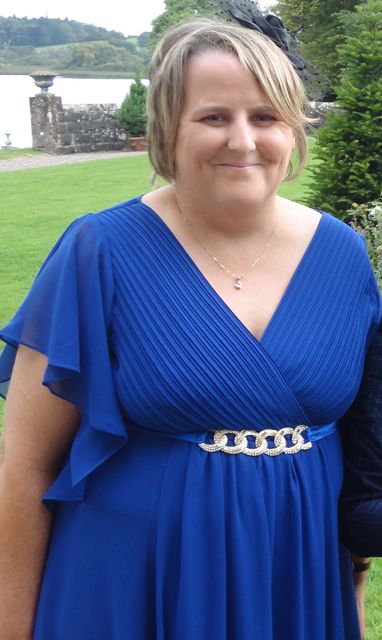The Irish Supreme Court has dismissed architect Graham Dwyer’s appeal against his conviction for the murder of childcare worker Elaine O’Hara in 2012.
Dwyer was convicted on March 27 2015 after a lengthy high-profile trial.
Lawyers for Dwyer had argued that his rights were breached through a system of “mass surveillance” involving the retention of mobile phone data which was used in the trial to pinpoint specific places at particular times and dates.
In April 2022, Dwyer won a case in Europe about the mobile data retention practices used in the case against him.
The Court of Justice of the EU ruled that law in the union precludes the general and indiscriminate retention of traffic and location data relating to electronic communication for the purpose of combating serious crime.
Elaine O’Hara (Garda/PA)
Dwyer subsequently launched an appeal in Ireland on numerous grounds, including the admissibility of the mobile phone data evidence.
This was dismissed by the Irish Court of Appeal, which found that the admission of the call data was very limited and could not be perceived as arising to a miscarriage of justice in the case – but the matter was further brought to the Supreme Court.
In the judgment delivered on Wednesday, the judges noted that the cornerstone of the prosecution’s case was the content and timing of text messages.
The judges noted that the attribution of the messages were “an essential building block” to the prosecution’s case but that the evidence linking the phones to Ms O’Hara and Dwyer had not been challenged or contradicted.
The court said that even if the traffic and location data from the phones had been deemed inadmissible, the appeal would have been dismissed due to the overwhelming and unanswerable evidence in the case which meant there was “no question of any lost chance of acquittal”.
It rejected the argument that the admission of the phone traffic and location evidence in the case would bring the administration of justice into “disrepute”, emphasising the probative value of the evidence, the gravity of the case and the limited and targeted nature of the access in the case.
As Dwyer’s appeal was dismissed, Ms O’Hara’s family members hugged one another in the court chamber.
